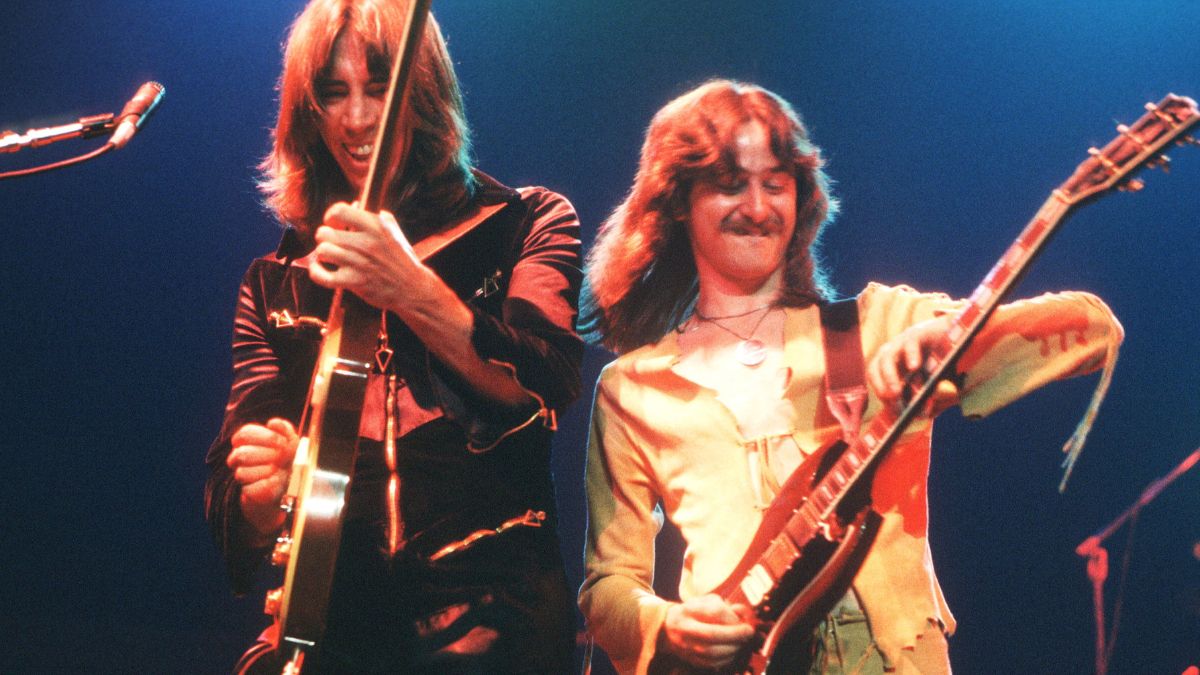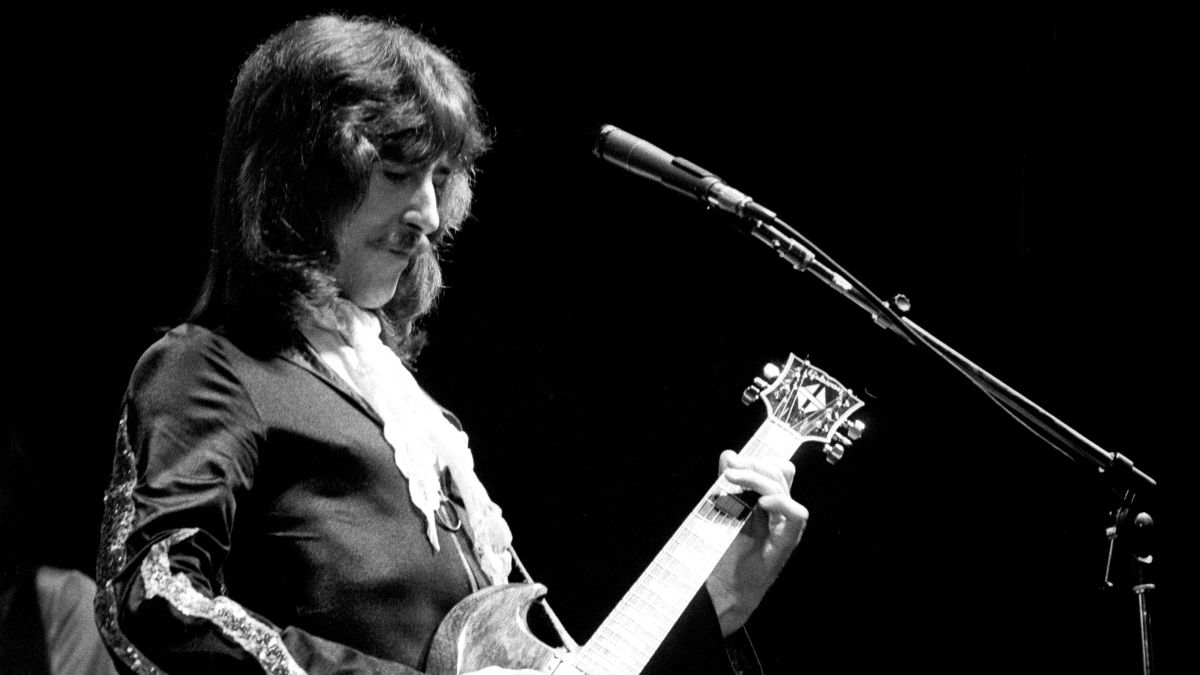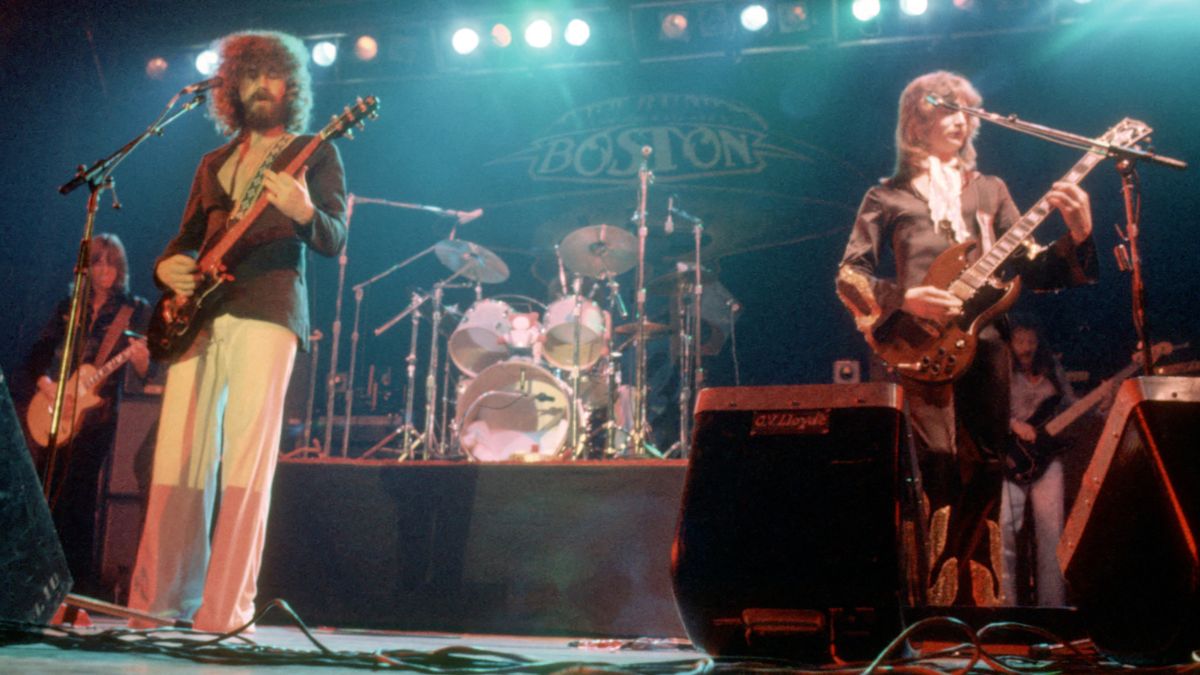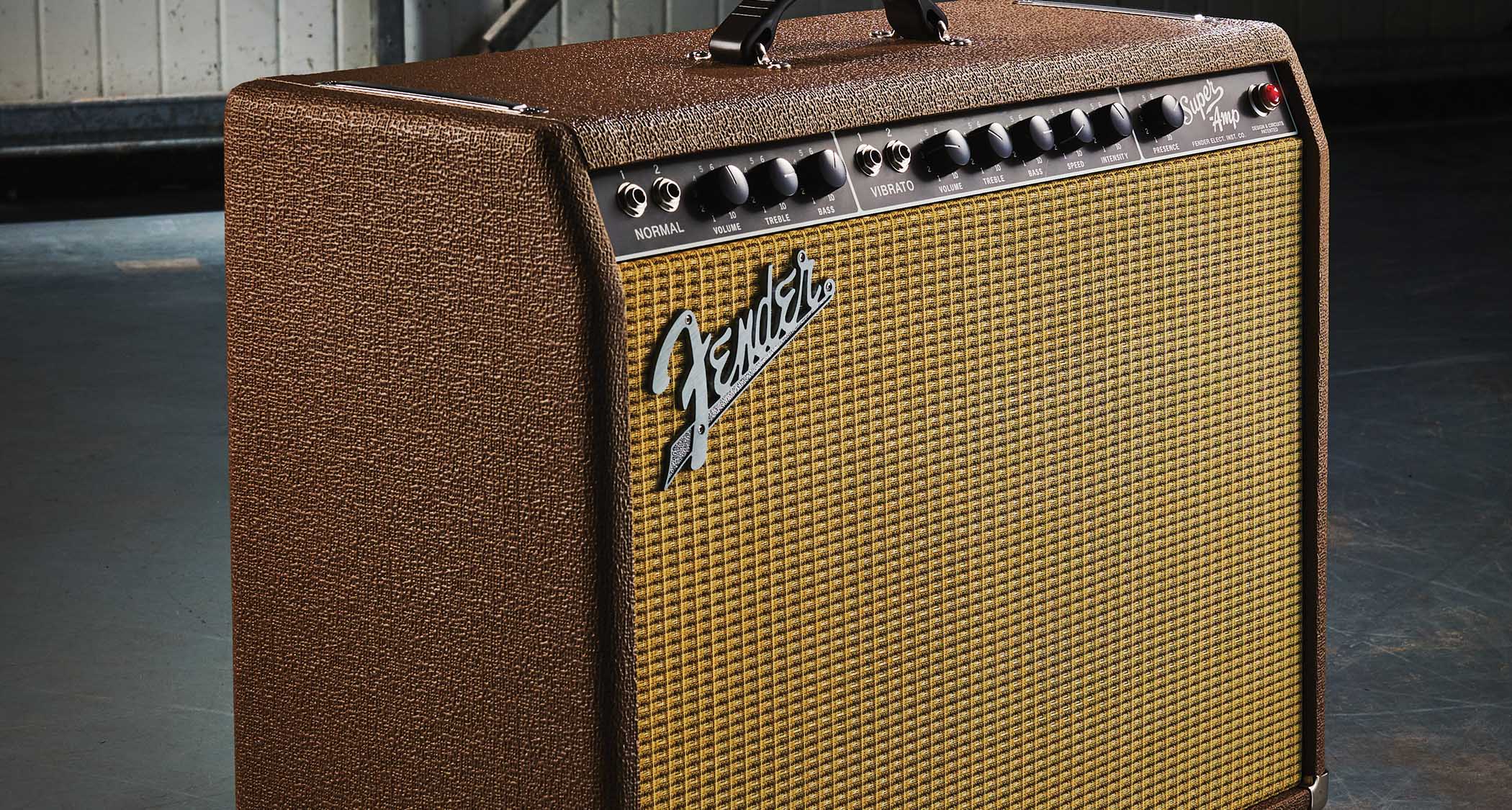“Tom thought I was trying to make myself look like the guy who was behind Boston. After that, he said he wasn’t going to work with me anymore”: Barry Goudreau opens up on his bitter parting with Tom Scholz
A CBS promotional campaign for Goudreau's 1980 solo album caused an irreparable rift with his Boston bandmate

All the latest guitar news, interviews, lessons, reviews, deals and more, direct to your inbox!
You are now subscribed
Your newsletter sign-up was successful
Barry Goudreau, who joined American rock outfit Boston as one of its original guitar players alongside group founder Tom Scholz in the mid 1970s, has opened up on his bitter departure from the band.
In a new career-spanning interview with Guitar World, the Gibson SG-wielding guitarist – who shared rhythm and lead duties with Scholz – looks back on his time with Boston, and reflects on how he helped shape the band’s sound across two albums, Boston (1976), and Don't Look Back (1978).
A 1979 European tour followed in support of their sophomore record, during which Goudreau says the seeds of his departure began to be sown.
“Tom wasn’t really enthusiastic about going to Europe,” he reflects. “It came together anyway, and he was pretty unhappy through the tour, which filtered down through the rest of us. By the end of that tour, everybody felt as though things were changing, and for me, that was my cue to leave the band.”
History dictates that Goudreau’s self-titled solo album, which was released in 1980, and its subsequent marketing campaign caused internal unrest, ultimately provoking Goudreau’s firing. But, as he says, the true picture is a little more complex.
“We came home from the tour in Europe, and right afterward, Tom got us all together, and said, ‘I’m going to take the next year off. I’m not going to do any recording. If you guys have something else, now would be the time,’” Goudreau explains.

Up until that point, Goudreau says he “hadn’t really focused on the songwriting part because Tom was doing such a good job with it”, but was buoyed by the idea of doing his own record. He recruited their vocalist Brad Delp for support and started piecing material together.
All the latest guitar news, interviews, lessons, reviews, deals and more, direct to your inbox!
“My hope was that Tom would say, ‘I like some of this. I’ll consider using it for another Boston record.’ But what he said was, ‘If you’re going to do a solo record, I’ll produce it,’” the guitarist continues. “I knew that the last thing the record label wanted was Tom working on another project other than Boston.”
At that time, the prospect of Scholz getting involved in this project was a non-starter. The record was finished with Delp’s assistance only.
“We kept that year timeframe in mind,” says Goudreau, “and actually had the record written in six months, and about nine months in, CBS put it out.”
However, when the label’s subsequent marketing campaign connected the record with Boston’s signature sound, Scholz took it personally, and tensions reached boiling point. But Goudreau interpreted the ad differently.
“The ad was a picture of me, and it said, ‘Six million people have heard the sound of his guitar. Let us introduce you to him…’ I saw that as, ‘We want to introduce you to the other guy that you may not know in Boston.’
“Tom [thought] I was trying to make myself [look like] the guy who was behind Boston. That made a huge rift. Probably another three or four months after that, Tom got the band together and said that he wasn’t going to work with me anymore.”

Despite having not done anything with Boston since 1979, Goudreau was later embroiled in more drama as the band were sued in 1983 for failing to complete their third album in time – one Goudreau “had no input into”.
A new post-Boston project, Orion the Hunter, followed in 1984, with Delp and Heart's Michael DeRosier part of the lineup. But, despite joining Aerosmith as support on the Back in the Saddle tour, Goudreau later decided to step away from music for a while.
He’d reconnect with Delp in RTZ during the early 1990s, and the pair's partnership would continue, in various forms, into the next decade.
Goudreau’s full GW interview will be published online in due course with the stories from either side of his acrimonious end with Boston.
A freelance writer with a penchant for music that gets weird, Phil is a regular contributor to Prog, Guitar World, and Total Guitar magazines and is especially keen on shining a light on unknown artists. Outside of the journalism realm, you can find him writing angular riffs in progressive metal band, Prognosis, in which he slings an 8-string Strandberg Boden Original, churning that low string through a variety of tunings. He's also a published author and is currently penning his debut novel which chucks fantasy, mythology and humanity into a great big melting pot.
You must confirm your public display name before commenting
Please logout and then login again, you will then be prompted to enter your display name.


